The Durability of Asphalt and Best Practices
for Installation
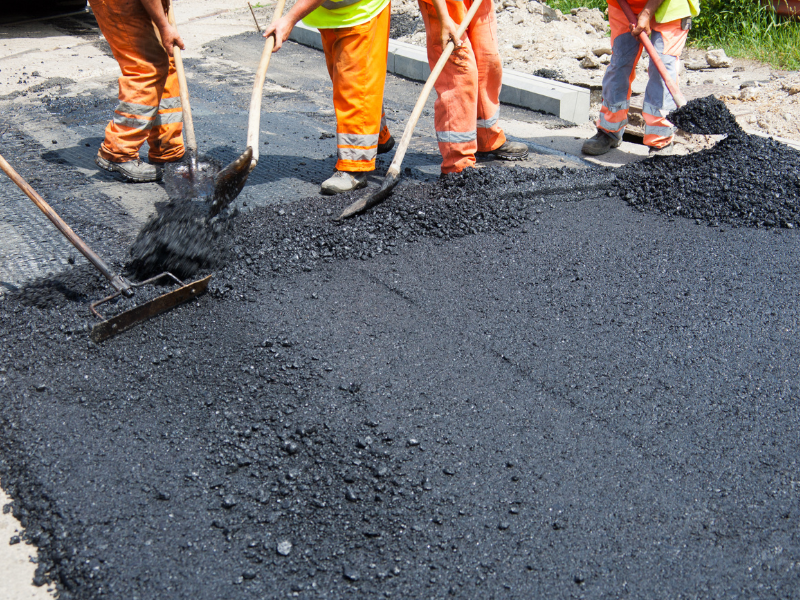
Asphalt is a popular choice for paving roads, driveways, and parking lots due to its durability, cost-effectiveness, and smooth finish. When properly installed and maintained, asphalt surfaces can provide years of reliable service. Understanding the factors that contribute to asphalt’s durability and the best practices for its installation can help you achieve a long-lasting and high-performing pavement. In this blog, we’ll explore why asphalt is so durable and offer a guide to the best practices for installing asphalt surfaces.
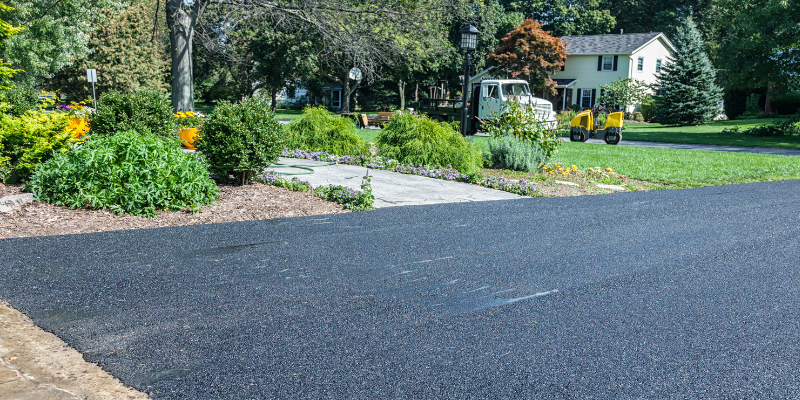
Why Asphalt is Durable Flexibility and Resilience
Asphalt is a flexible material that can absorb and distribute stress from traffic loads, temperature fluctuations, and ground movements.
This flexibility helps prevent cracking and deformation, making asphalt well-suited for areas with high traffic or variable conditions.
Water Resistance
Properly installed asphalt provides a waterproof surface that helps prevent water from penetrating the pavement and causing damage. This water resistance reduces the risk of freeze-thaw cycles that can lead to cracks and deterioration.
High Strength
Asphalt is known for its strength and load-bearing capacity. When mixed and compacted correctly, it forms a dense, robust surface that can handle heavy vehicles and high traffic volumes without significant wear.
Ease of Maintenance
Asphalt surfaces are relatively easy to maintain and repair. Minor issues such as cracks or potholes can be addressed with patching and sealcoating, extending the life of the pavement and keeping it in good condition.
Cost-Effectiveness
Compared to other paving materials, asphalt offers an excellent balance of durability and affordability. Its lower initial cost and ease of maintenance make it a practical choice for many applications.
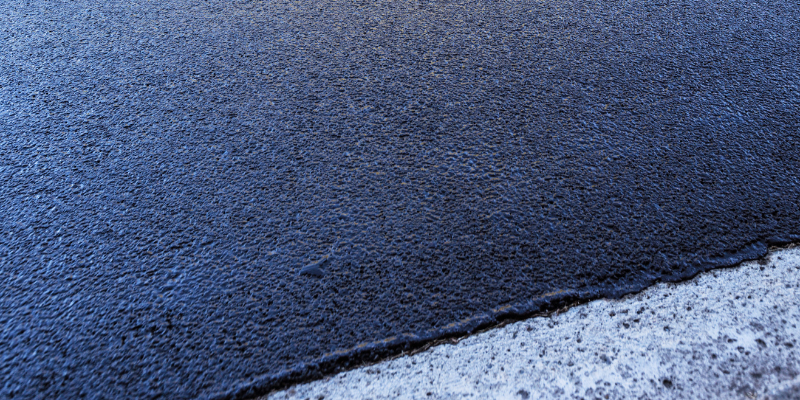
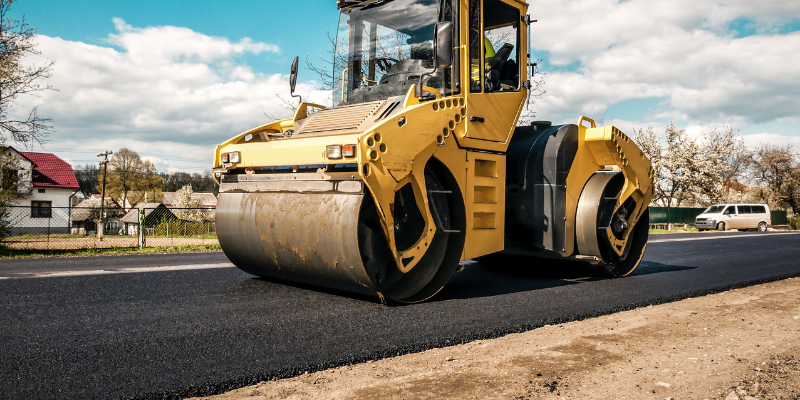
Best Practices for Installing Asphalt
Site Preparation
Proper site preparation is crucial for a successful asphalt installation. This includes clearing the area of debris, vegetation, and any existing pavement. The site should be graded to ensure proper drainage and prevent water from pooling on the surface.
Subgrade and Base Preparation
The subgrade (the soil or rock beneath the pavement) must be compacted and stable to support the asphalt layer. Install a base layer of crushed aggregate or gravel to provide additional support and drainage. Ensure that the base layer is evenly spread and properly compacted.
Choosing the Right Asphalt Mix
Select the appropriate asphalt mix based on the intended use and environmental conditions. Different mixes are designed for varying traffic loads, climate conditions, and performance requirements. Consult with a paving professional to choose the best mix for your project.
Proper Asphalt Mixing and Application
Asphalt is mixed at high temperatures to ensure that the binder (usually asphalt cement) is in a liquid state. This allows the aggregate to be thoroughly coated and ensures a strong bond. The asphalt mixture should be applied while still hot to ensure proper compaction and bonding with the base layer.
Compaction
After the asphalt is applied, it must be compacted using a roller to achieve the desired density and smoothness. Proper compaction ensures that the asphalt forms a strong, uniform surface and helps prevent future cracks and deformation.
Edge and Joint Treatment
Pay attention to the edges and joints of the asphalt installation. Properly seal the edges to prevent water infiltration and ensure a clean, finished appearance. Use appropriate joint materials and techniques to bond new asphalt with existing pavement or adjacent surfaces.
Allow for Curing
After installation, the asphalt surface should be allowed to cure properly. This typically involves keeping the surface free of traffic for at least 24-48 hours to allow it to cool and harden fully. Avoid driving on the surface until it has reached its full strength.
Regular Maintenance
To extend the life of your asphalt surface, implement a regular maintenance schedule. This includes periodic inspections, sealing to protect against moisture and UV damage, and addressing any minor repairs promptly. Keeping the surface clean and free of debris also helps maintain its condition.
Drainage Considerations
Proper drainage is essential to prevent water from accumulating on the asphalt surface. Ensure that the pavement is designed with adequate slope and drainage features to direct water away from the surface and prevent potential damage.
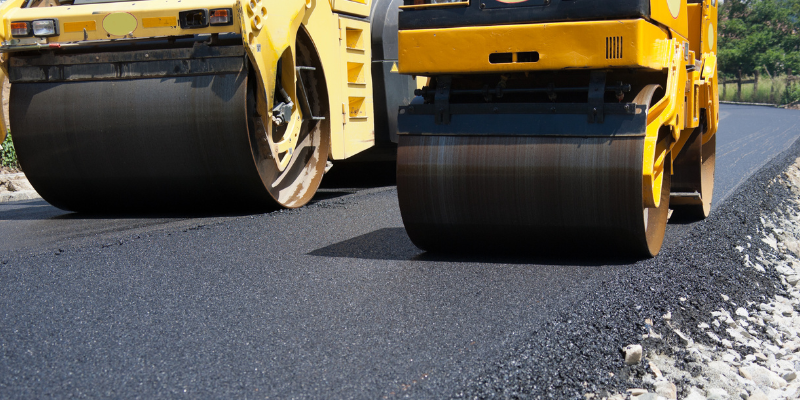
Why Choose Pinnacle Paving Asphalt Services?
Pinnacle Paving Asphalt Services is Central Texas premier parking lot experts and your trusted paving partner for high quality craftsmanship, asphalt construction and repair, chip seal applications, and concrete work, and more. Our experienced team combines innovative techniques with traditional workmanship to create durable parking lots that will stand the test of time.
High Quality Durable Construction
We use only the highest-quality, durable construction materials to create durable surfaces that will withstand heavy usage and the test of time. Our turn-key process guarantees your project experience will be convenient and hassle-free.
Give us a call today to request a quote.
Recent Articles
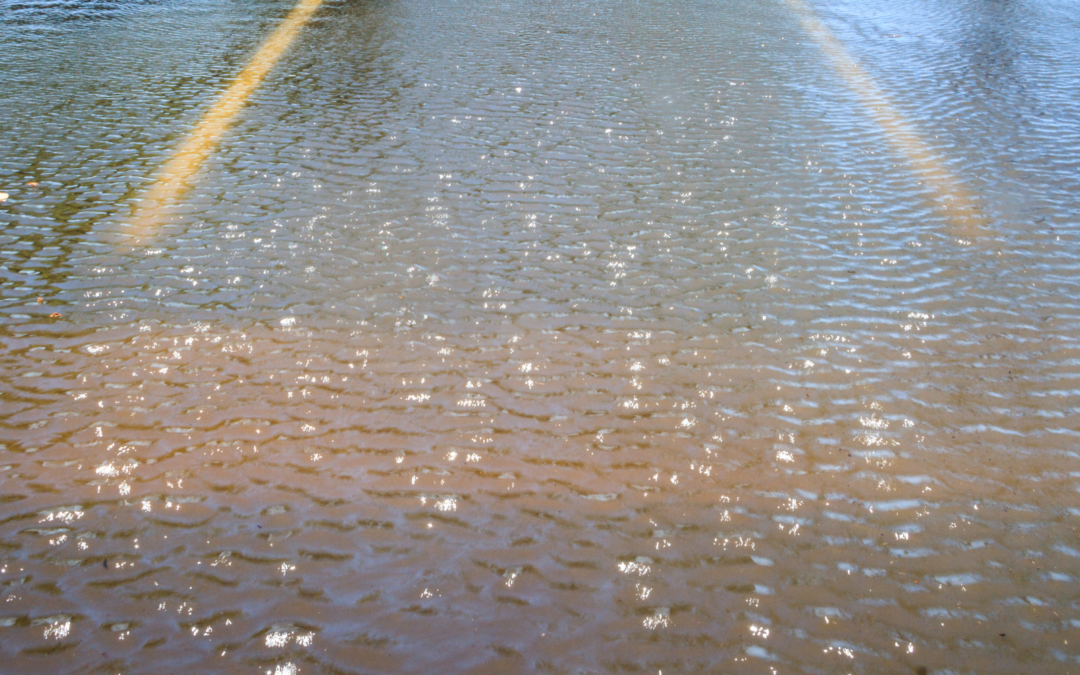
The Importance of Drainage in Parking Lots: Why Proper Management Matters
The Importance of Drainage in Parking Lots:Why Proper Management Matters Parking lots, often overlooked in discussions about infrastructure, play a crucial role in our daily lives. They provide the space we need to park our vehicles, but their design and...
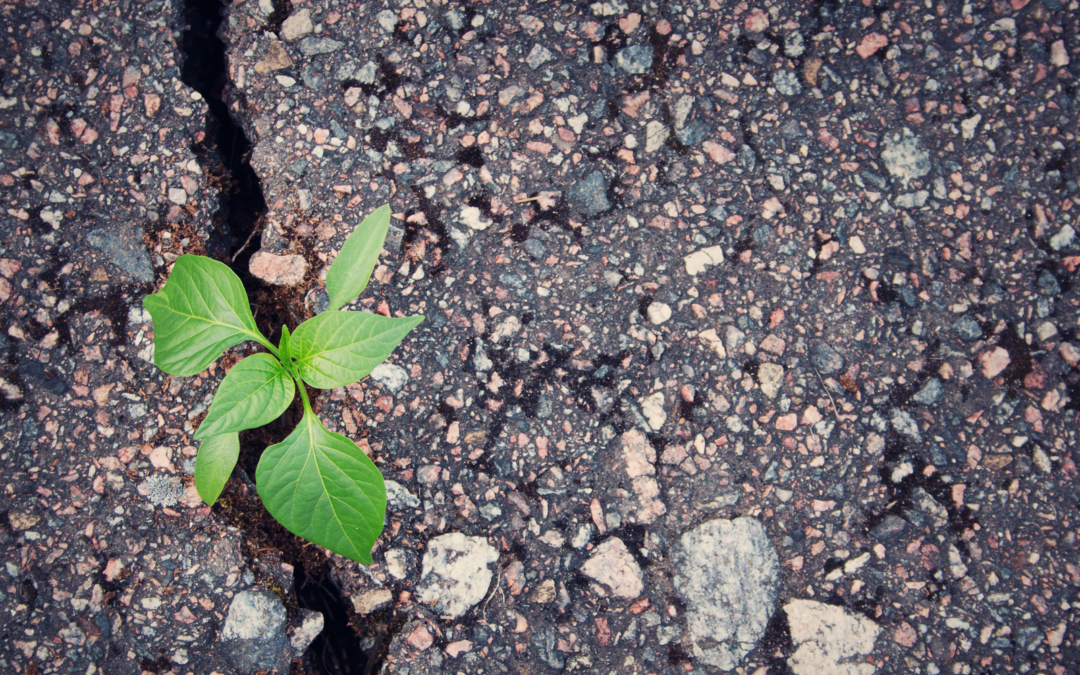
7 Reasons to Seal Cracks in Asphalt
7 Reasons to Seal Cracks in Asphalt Asphalt driveways, parking lots, and roads are designed to endure the elements and the wear and tear of daily use. However, without proper maintenance, even the sturdiest asphalt surfaces can develop cracks over time. Sealing these...
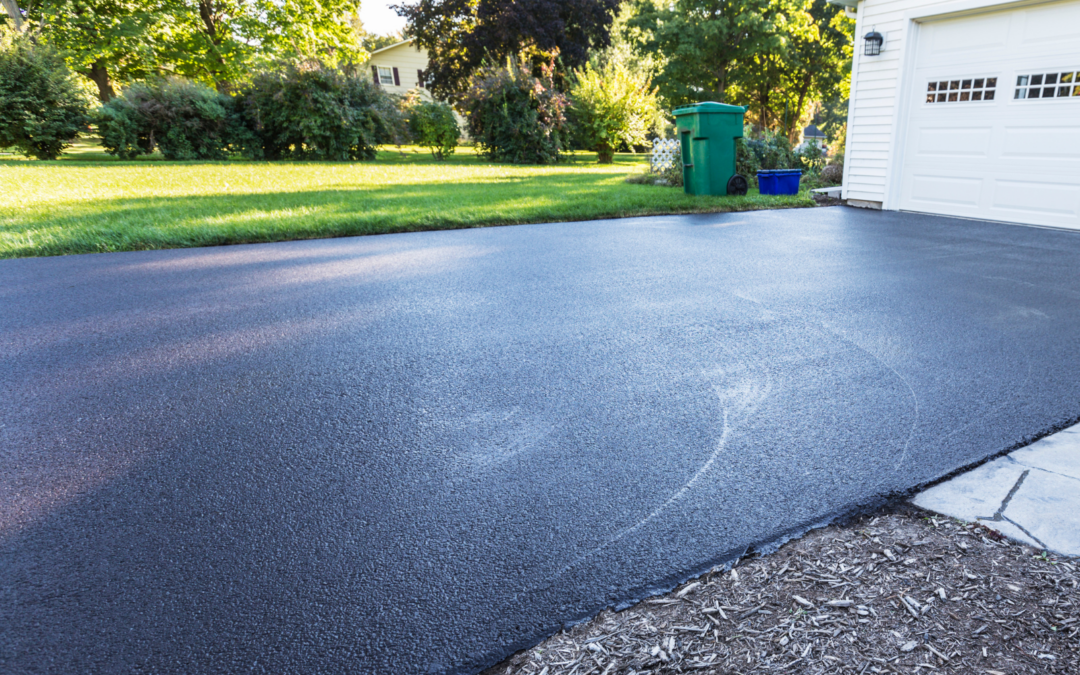
7 Reasons to Seal Coat Your Driveway
7 Reasons to Seal Coat Your Driveway As a homeowner, maintaining your property is essential for both aesthetic appeal and longevity. One of the most overlooked aspects of home maintenance is the driveway. Over time, exposure to the elements can take a toll on asphalt...
